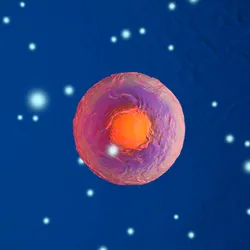
Maggie Chen
Maggie Chen is a scientist and science journalist covering health, biology, and bioengineering. She graduated from Harvard College in 2022 with a degree in developmental biology and the history of science. Her writing has appeared in the New York Times, WIRED, and Massive Science.
















